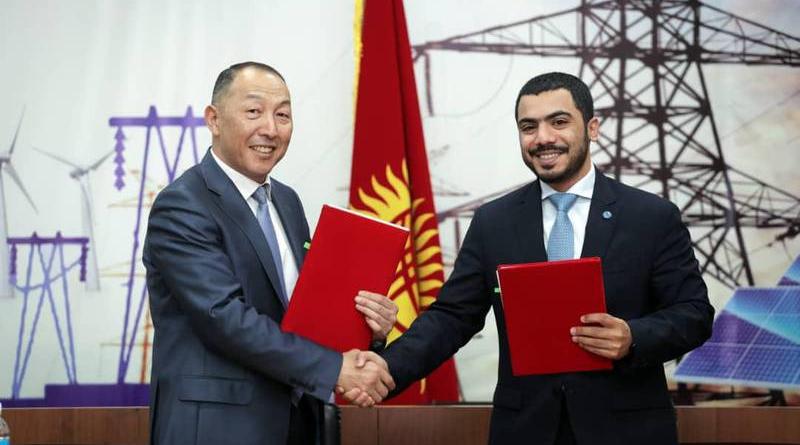Masdar and Kyrgyzstan to explore renewable energy opportunities

Abu Dhabi-based Masdar has signed an initial pact with Kyrgyzstan to explore renewable energy opportunities in the country as the clean energy company increases its presence in Central Asia and continues to expand its renewables portfolio globally.
Under the agreement with the Kyrgyz Republic’s Ministry of Energy, Masdar will explore investments in projects including ground-mounted solar photovoltaic (PV), floating solar PV and hydropower projects with a potential capacity of up to 1 gigawatt, Masdar said in a statement on Friday.
“Masdar is ready to support Kyrgyzstan’s efforts to diversify its energy sources, cut greenhouse gas emissions and deliver carbon-free development by 2050. Kyrgyzstan has abundant potential to develop a wider range of clean energy resources, including solar and floating solar, which will deliver greater energy security and support better management of water resources,” said Abdulla Zayed, Masdar's head of development and investment for Central Asia and Russia.
“We also welcome the opportunity to extend our presence in Central Asia, which we see as an area of strategic importance for us.”
Masdar's preliminary agreement with Kyrgyzstan follows the signing of four preliminary agreements to develop more projects in Azerbaijan where it is developing the 230-megawatt Garadagh solar power plant in Baku.
The company, which currently operates in more than 30 countries with a total investment of about $20 billion, aims to be a clean energy powerhouse. Masdar reported a 40 per cent jump in its clean energy capacity in 2021 as it continues to expand its renewables portfolio globally amid efforts by governments to lower emissions. Kyrgyzstan is targeting reducing greenhouse gas emissions by as much as 44 per cent by 2030 and achieving carbon neutrality by 2050, the statement said.
While the Central Asian country already generates around 90 per cent of its electricity from clean energy resources, this is almost exclusively from ageing hydropower plants, Masdar said. By tapping into the country’s high irradiation levels, Kyrgyzstan could improve energy security while also managing its water resource levels, which are being diminished by climate change, it added.
Bekmurzaev Doskul Djumagulovich, Minister of Energy of the Kyrgyz Republic, and Mr Zayed signed the initial pact in Bishkek, the nation’s capital.



